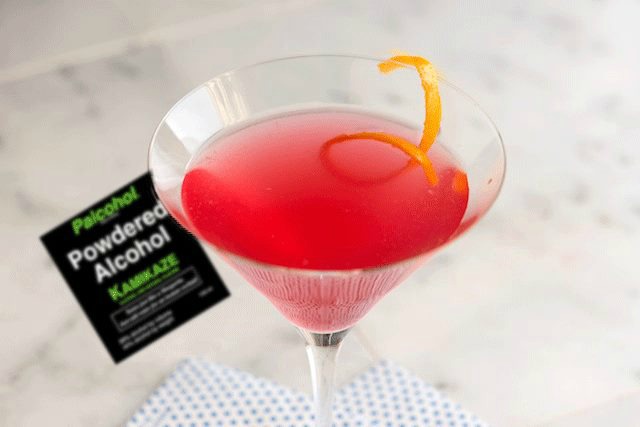Bills To Ban Palcohol, Restrict Powdered Caffeine Move Forward In Springfield
By Margaret Paulson in News on Mar 26, 2015 7:10PM
Two bills, one to ban powdered alcohol and another to restrict powdered caffeine, passed the Illinois Senate Criminal Justice Committee yesterday. Senator Ira Silverstein, D-Chicago, sponsored Senate bill 67 to ban sales of powdered alcohol, also known as palcohol, while Jennifer Bertino-Tarrant, D-Shorewood, introduced Senate bill 9 to ban powdered caffeine sales to minors.
According to The State Journal-Register, it seems Silverstein is worried that powdered alcohol could be used to intoxicate or harm unwitting and unwilling participants: “It’s the type of item that can be sprinkled on food or put in drinks,” Silverstein said.
Bertino-Tarrant said she was moved to introduce a ban on the sale of powdered caffeine to people under 18 after news of an Ohio high school student who overdosed on it. According to the FDA, there have been two recorded deaths of young men— ages 18 and 24— due to the ingestion of powdered, pure caffeine.
Powdered caffeine actually sounds pretty scary to us— one teaspoon of caffeine powder is the equivalent of 25 cups of coffee, looks a bit like another illicit substance and frankly sounds like a monster panic attack waiting to happen.
On the other hand, palcohol seems fairly harmless— the “sprinkle” Silverstein is worried about wouldn’t actually do much, as one packet of the stuff contains only enough to make one standard mixed drink. And worries about the product being snorted for a quick “high” have been defused because snorting palcohol is terribly painful.
Talking about banning palcohol isn't new. Chicago Alderman Edward Burke brought it up at a recent City Council Meeting and it is illegal in South Carolina, Louisiana, Vermont and Massachusetts. Bills to ban it have been introduced in New York, Rhode Island and Colorado as well. If you’re eager to try palcohol in a responsible way don’t despair yet! There’s still a long road for both of these bills. The next move is to the Senate floor for a full vote. If passed there, the bill moves on to the House for approval, before potentially ending up on the Governor’s desk to either be signed into law or vetoed.
